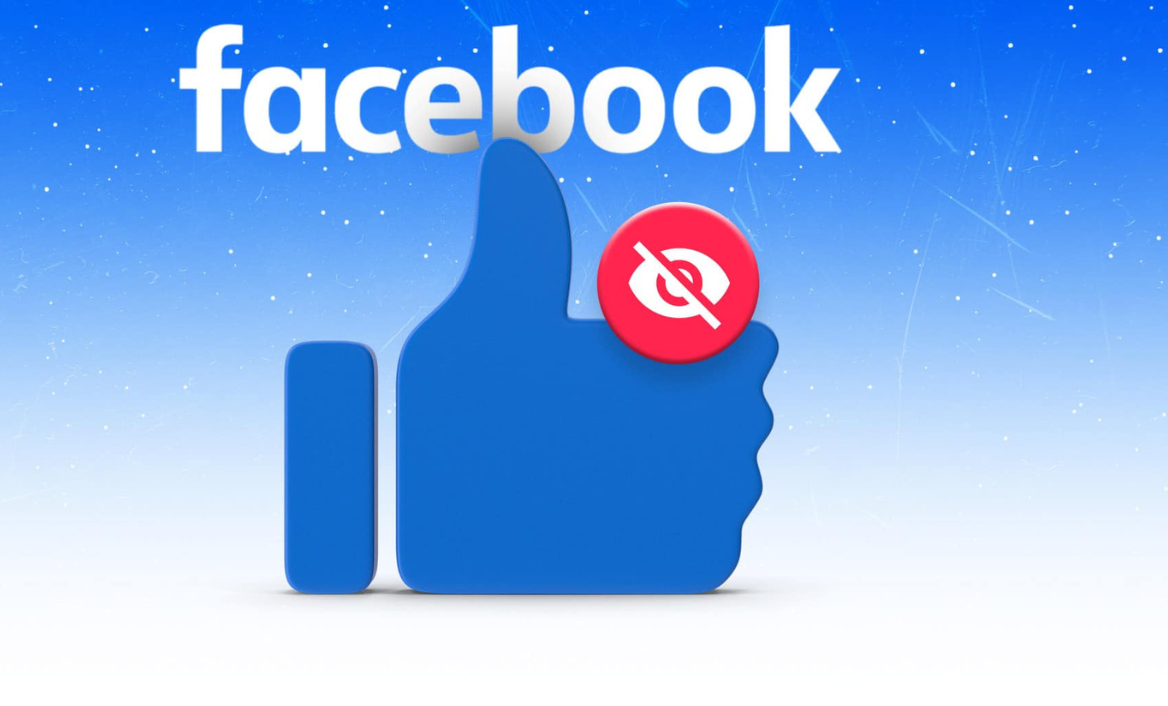Today’s social media advertising industry is entirely data-driven. This information typically originates from browsers. However, cookieless tracking is becoming more popular due to new data privacy laws.
How can we prevent privacy concerns from blocking data gathering with cookies and Pixels if cookies are no longer the foundation of online advertising?
You may use Facebook Pixel and Conversion APIs to monitor the number of conversions your Facebook advertising has led. In contrast, the new API helps advertisers target customers interested in their brand.
These capabilities give businesses a more detailed view of what works for them on social media, which can be used to improve campaigns.
What is a Facebook Pixel?
Facebook Pixel is a piece of code you can add to your website, allowing you to track visitors and their actions. It can also help you create custom audiences for retargeting and measure the effectiveness of your ads by providing metrics such as conversion rates and return on ad spend.
Facebook Pixel, now known as Meta Pixel, was introduced in 2012. It can track 17 different types of events, and it also lets you create custom events. To show social media advertising, Facebook uses this data to match it to Facebook profiles.
When someone visits your website and takes action, such as making a purchase, Facebook Pixel is triggered and reports this action. This action allows you to track conversions from Facebook ads and optimize ads based on collected data. It builds targeted audiences for future ads and remarkets to people who have previously taken action on your website.
Facebook Special Ads: Everything You Need to Know
Read MoreWhat is Facebook Conversion API?
This API allows businesses to send conversion events to Facebook from their server rather than relying on the traditional JavaScript pixel. This enables businesses to track conversions more accurately. It also allows businesses to send conversion events for actions on their server, such as a purchase.
The tool is handy for businesses operating mobile apps. It allows them to send conversion events directly to Facebook rather than relying on the in-app browser to send the events. It also enables businesses to send conversion events that occur offline, such as in-store purchases.
There are several options you can use to set up the API tool. Many integrations don’t require a developer. Using an e-commerce platform such as Shopify, you can set up the Conversion API in just a few clicks.
The privacy policy changes have affected every other major advertising platform. Most of them are launching their variants of these APIs, such as Google Enhanced Conversions, Snapchat Conversions API, and TikTok Events. Even ad networks that still need to provide this are developing them quickly.
What is the difference between Facebook conversion API and Facebook Pixel?
The data is the primary distinction between web pixels and API tools. Web pixels only collect information that is not your own (e.g., in the case of a Facebook Pixel, Facebook collects and sends data.). They rely on client-side tracking and cookies from third parties.
On the other hand, APIs can benefit from first-party data you gather via the internal servers powering your website or app (e.g., server-side tracking.) There are no browser restrictions or third-party cookie restrictions for this tool. The amount of data you can send or receive with server events is not constrained.
You can take advantage of both APIs and web pixels and send data client-side and server-side. Facebook has a procedure to eliminate duplicate conversion events. You can use the Events Manager tool to see how well Facebook matches your provided data and ads.
How do Facebook conversion API and pixel work together and tackle the risk of double-counting conversions?
You can keep track of custom events and campaigns through the Meta Pixel and API to track and improve the effectiveness of your advertising. This tool allows you to share web events directly from your server. Pixel only enables you to share web events from a web browser.
We might receive the same events from the server and browser if you link website activity using the pixel and the API tool. If we know that two events are identical and redundant, we can keep one and toss the others. Deduplication is the term for this.
Deduplication isn’t always necessary. If you wish to deliver web events using pixel and APIs, you have two setup choices:
- Share different browser events than those on the server (deduplication is not required). You could share add-to-cart from your browser and purchase events from your server. In this case, deduplication isn’t necessary because you are not transferring duplicate events from the server and the browser.
- Share the same event from the server and browser (deduplication is necessary). For instance, you send the same purchase events from the server and browser. This could help in recovering events that the Meta Pixel didn’t pick.
However, two purchases may appear in your report even though only one occurred. In this case, deduplication is necessary to avoid having the same purchase appear twice in your reporting.
Facebook’s API also has a deduplication mechanism to ensure that the data is reliable. This can include removing duplicate leads, duplicated ad impressions, and other duplicate events.
What are the benefits of Facebook conversion API?
The API tool allows sending website events, such as form submissions or button clicks, to a server for tracking and analysis. This can provide several benefits, such as:
- Improved tracking and measurement of website performance: By sending website events to a server, you can track and analyze user behavior on your website. This can help you make data-driven decisions about how to improve your website’s performance.
- Enhanced personalization and targeting: By tracking user behavior on your website, you can use the data to create more personalized experiences for your users. If you know that a user has been viewing a specific product or category of products, you can show them related products or offers.
- Better ROI tracking: You can better understand your marketing campaign’s return on investment (ROI) by tracking website events. By knowing which campaigns are driving the most website events, you can optimize your marketing efforts.
- Easy integration with other platforms: The API tool can easily integrate with other platforms such as Google Analytics, AdWords, and Facebook Ads. It makes it easy to track and analyze data across different platforms.
Final thoughts
As time passes, consumer privacy rules become stricter. Websites that use third-party trackers will need to adjust to this. Using the API tool and the Facebook API is the best option for a business page.
The API tool can easily assist firms in avoiding these problems while supplying crucial data to maintain quality. Where customers do not use ad blockers, the Facebook Pixel can enhance the effectiveness of your advertising campaigns.
Businesses focus more on first-party data for their CRMs and other assets to develop campaigns that have an enormous impact. It affects remarketing, conversion tracking, business intelligence systems, and many others.
Talking of tracking, social media automation tools like Practina can help your Facebook marketing efforts and offer you detailed metrics on what’s working and what’s not. In the end, marketing is all about evaluating your present efforts to make adjustments wherever necessary for better results. Book a demo today to learn more about Practina.



